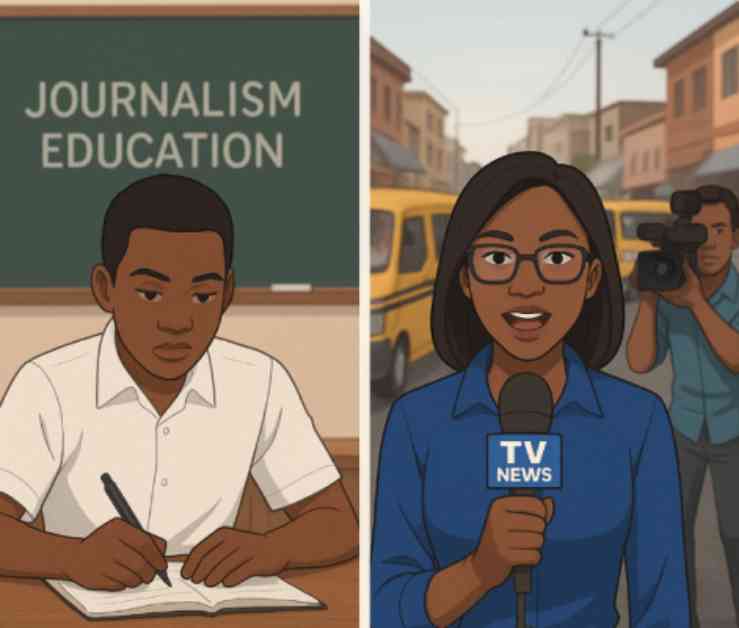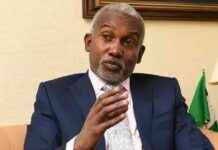On February 19, 2021, in the gallery and press room of Nigeria’s House of Representatives, a group of journalists reluctantly grabbed their gadgets to report on a concerning development. Ottah Agbo, a lawmaker, had proposed an amendment to the Nigeria Press Council Act, suggesting that anyone wanting to practice journalism should possess a journalism degree. The bill stated that defaulters could face a fine of ₦200,000 or a two-year jail term. The journalists soon found themselves facing the harsh reality of this bill, reminiscent of past attempts to regulate their work from external sources.
The repercussions of the bill were felt when the Chairman of the Rivers State Council of the Nigeria Union of Journalists (NUJ) announced plans to apprehend journalists without journalism degrees, labeling them as “quacks” and “unqualified professionals.” Individual journalists also faced scrutiny, with Rufai Oseni, a prominent anchor on Arise TV, being accused of pretending to be a journalist by a politician, Jesutega Onokpasa, for allegedly asking biased questions on a show. Commenters questioned Rufai’s credibility as a journalist, citing his lack of a formal journalism degree.
Debates surrounding the professionalization of journalism have long been ongoing and remain contentious. While some advocate for a journalism degree as a fundamental requirement for practice, many Nigerian journalists resist this notion. They highlight the success of renowned journalists without formal qualifications and stress the importance of diversity in covering societal issues adequately. Newsrooms such as The Nation, Punch, ThisDay, and The Guardian previously staged an “information blackout day” in protest against laws aiming to silence the press, including the amendment to the NPC Act. The pushback from journalists on the formal journalism education versus experiential learning debate is fueled by assumptions, myths, and philosophy.















